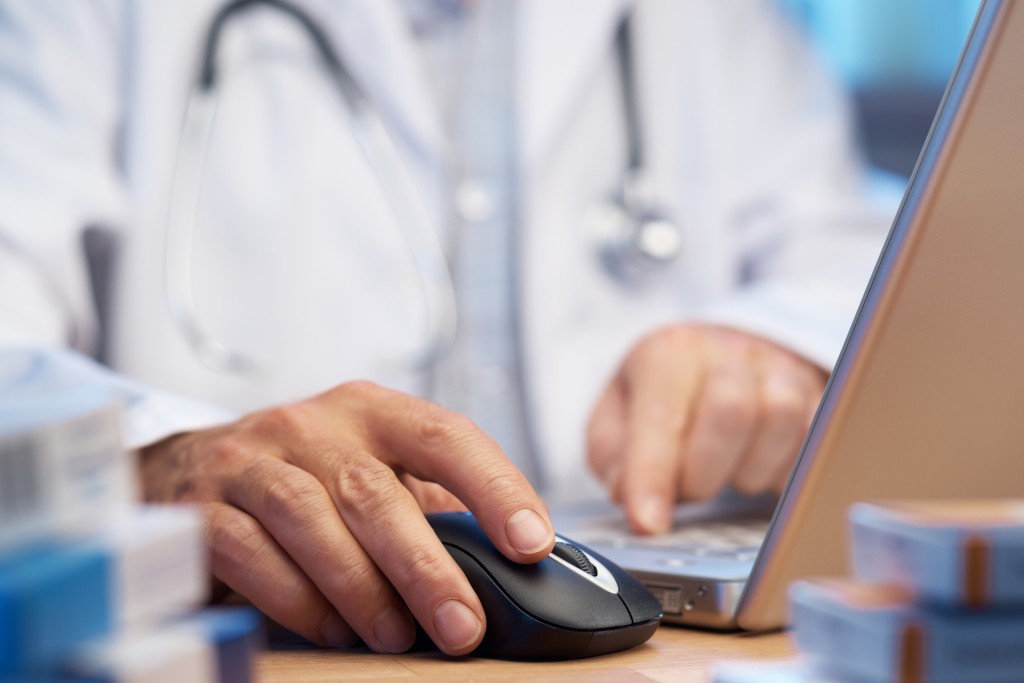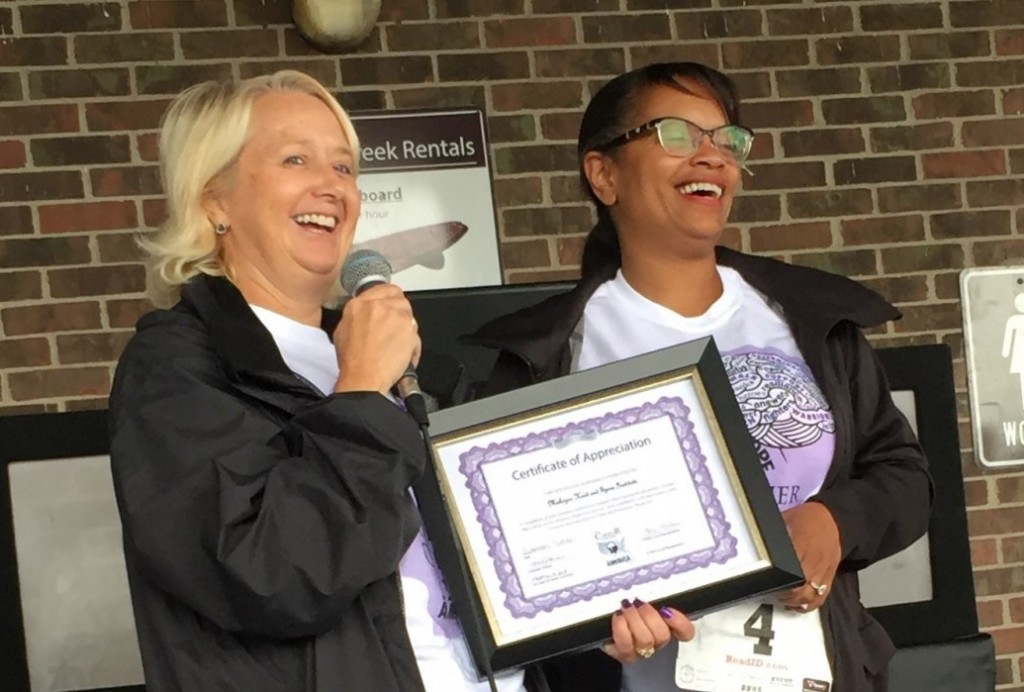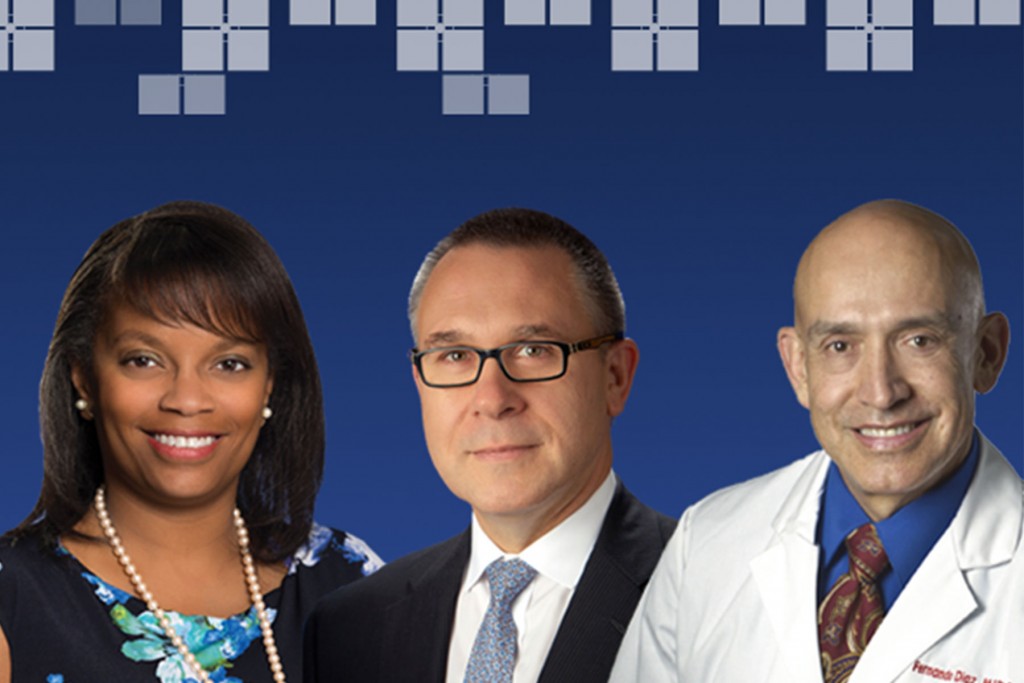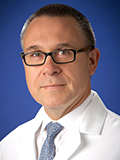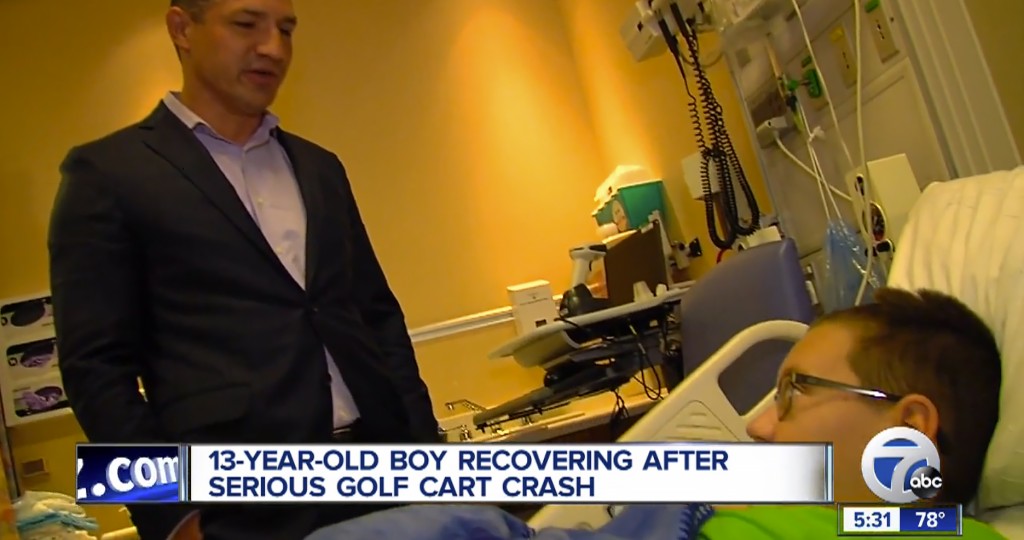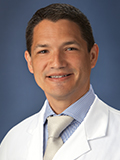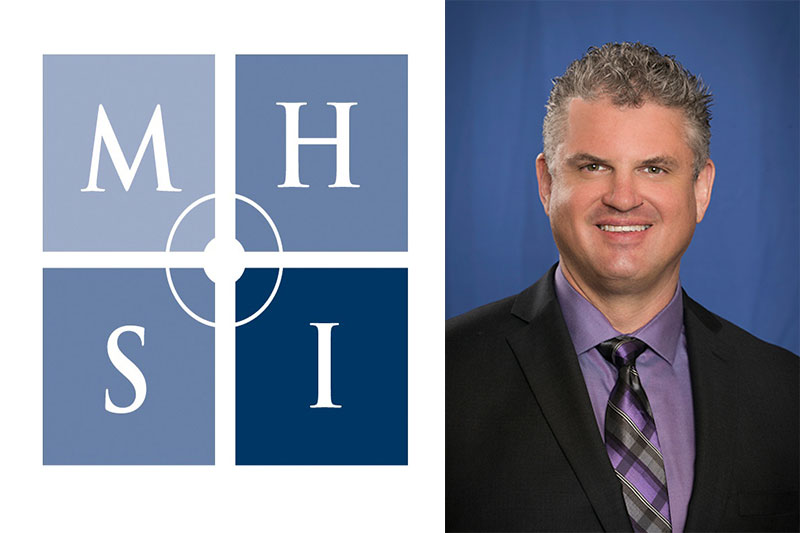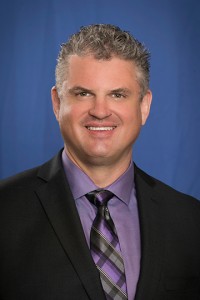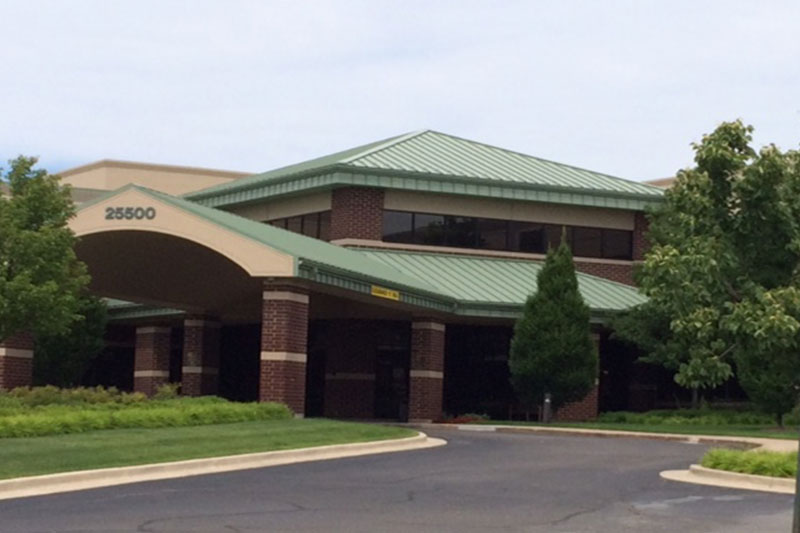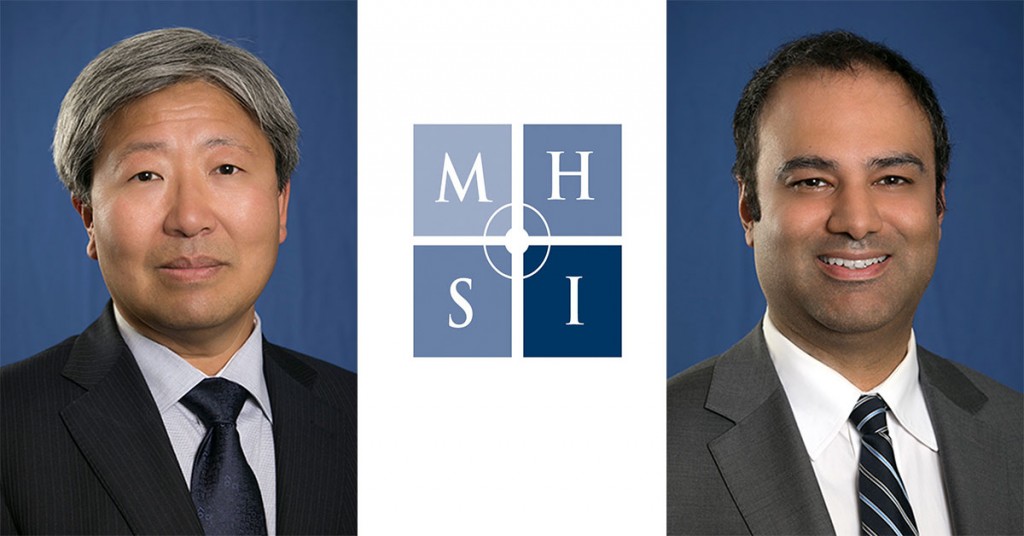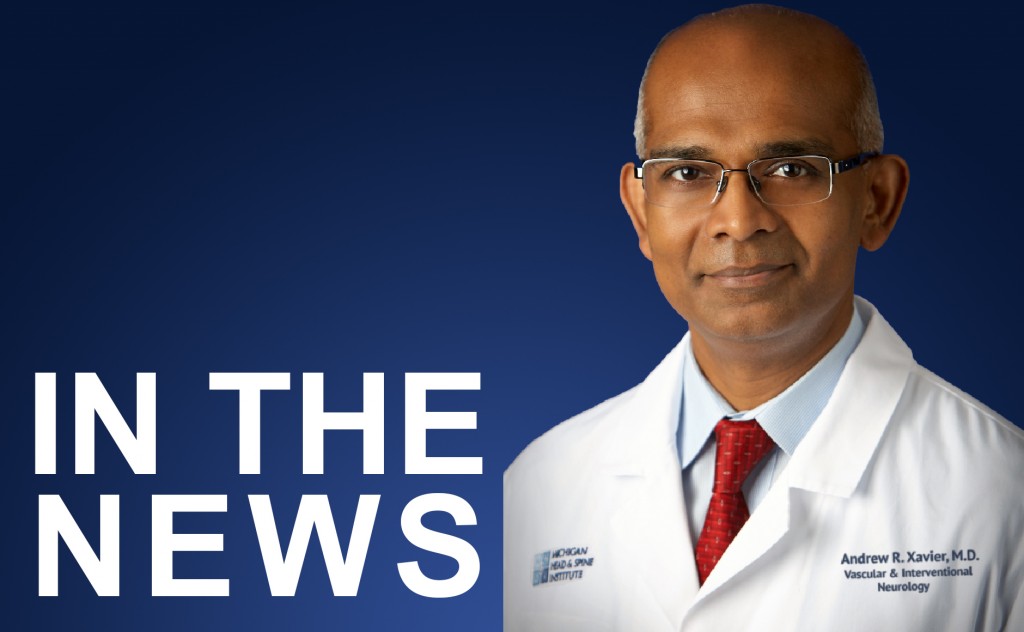There’s no doubt that technology has changed our lives over the last decade. What was once an internet with minimal and amateur information has become the “internet of things”. We now use Google for everything we need to know from recipes, to the latest news and even health care education.
To quickly access knowledge, we are constantly connected to our mobile or smart phones, in addition to desktops, laptops and readers. Some are so connected that addictive behaviors are causing what are often called medical conditions, like Tech Neck, Selfie Elbow, and Pinkie Dent.
Even your doctor increased his or her use of technology with electronic medical records. This created an unexpected complaint from patients, as doctors more frequently look at a computer screen or iPad during your office visit by answering questions through multiple screens of information, the software requires to get to the next screen.
It is important this information is accurate for your safety. It documents what you share with the doctor and treatment plans that result. Often, the better your medical records are documented the greater chance the insurance company understands what care you received. This reduces re-billing, and deductibles are more likely to be correct. This also can reduce payment out of pocket expenses caused by billing errors.
So on the next visit to your doctor, you will better understand the physician is not playing on their phone or computer, but making sure your medical records accurately reflect your medical status and treatment provided. Asking your physician for eye contact is a request you should feel comfortable making. This simply reminds your provider to take a computer break while attending to your individualized care.
Oh my aching neck…
Does your neck and back ache after hours on your laptop or smart phone? Lots of media stories share how new conditions are being attributed to overuse of technology, like:
Tech Neck – slumping over and looking down strains the neck muscles may result in damage to cervical disks. And, it creates a more wrinkled throat and neck.
Selfie Elbow – sounds ridiculous but it is caused by taking too many selfies and over-using the muscles surrounding the elbow and wrist.
Pinkie Dent – that’s right, many hold their devices bending their pinky for long periods of time. Sometimes the finger is hard to straighten as the tendons in the finger become less flexible.
MHSI Physiatrist Karl Freydl, DO, explains that it’s important to take a break and recognize that any repetitive movement can cause muscle strain. “While it’s good to take a break, seeking the advice of a physiatrist to can improve and restore muscle memory. Sometimes therapy is the answer, but in more severe cases a cervical disk or joint could be damaged.”
No one is immune to the effects of technology on the neck, hands, elbows and eyes. Limit your use with an app that times your use or set the timer to remind you it’s time to take a break. Stretching your neck backwards, rolling your shoulders and giving your hands and eyes a break may be just what’s needed.
To schedule an appointment with an MHSI Physiatrist (Physical Medicine & Rehabilitation physician), call 248-784-3667 or click here.
